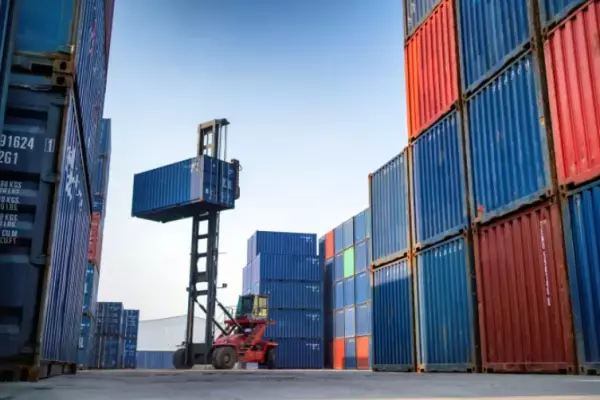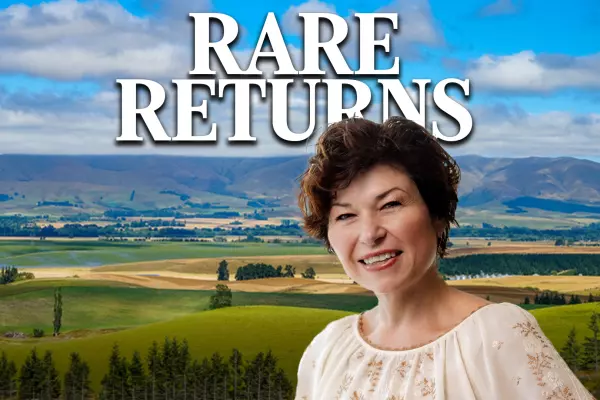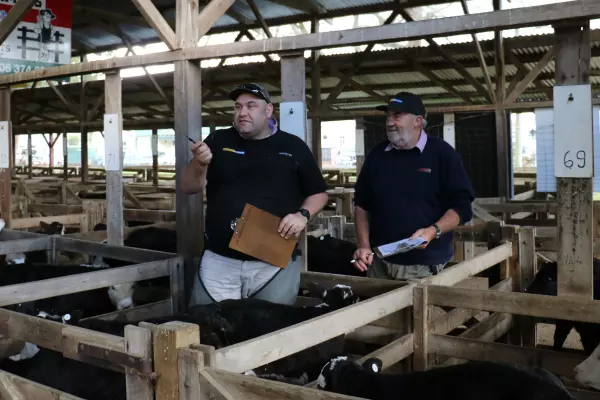Fonterra rivals fear dairy giant will get leg up from law overhaul

Independent dairy processors fear Fonterra Cooperative Group will get an unfair advantage from proposed changes to the law governing the dairy sector and have warned MPs against rubber-stamping certain provisions.
Parliament's primary production select committee is scheduled to report back on the Dairy Industry Restructuring Amendment Bill No 3 by Feb. 17, with oral submissions set to start this week.
Fonterra's written submission urged policymakers to go further in relaxing the shackles on New Zealand's dominant processor and level a playing field it claimed is tilted in favour of foreign-backed competitors.
Iwi-owned Miraka, which counts Vietnam's Vinamilk as a shareholder, told MPs the open entry and exit provisions - which require Fonterra to accept milk supply from allcomers - had been effective and didn't need to be amended.
“The new powers granted to Fonterra will have a chilling effect on the open entry and exit provisions if not completely undermine them,” said Miraka in its submission.
The Dairy Industry Restructuring Act was passed in 2001 to set rules to regulate Fonterra’s dominant position after its formation and help foster a competitive market. A government review deemed the law was still fit for purpose, but could be better.
Miraka said the proposals include changes that would allow Fonterra to decline membership to farmers who were not likely to comply with its terms of supply.
The company said the amendment would grant Fonterra unilateral powers to reject new entrants and would fundamentally undermine the DIRA free entry and exit provisions.
Among other things, Miraka said it wants Fonterra to be required to go beyond rejecting an application simply because it “considers” the application would not likely comply with its terms of supply. Instead, it submitted that Fonterra should be able to reject an application where it was satisfied on stated grounds that the applicant could not comply with the supply terms.
Those grounds would have to include evidence of an identified deficit of on-farm infrastructure or risk management policies and systems or actual previous non-compliance that established that the applicant could not meet criteria by the time it started supplying Fonterra.
It also wanted applicants to have more effective appeal options.
For its part, Synlait Milk agreed there was a need to update the open exit and entry requirements “to allow Fonterra more flexibility not to accept milk based on sustainability and environmental factors.” However, it said it wanted more protection.
According to Synlait, if farm suppliers were not free to leave and return to Fonterra, it would be hard for independent processors to win them away. The risk would likely be too great for farmers to leave, Synlait said.
As a result, it wanted two changes. Synlait said Fonterra should have to make public its ability to reject a supplier under its terms of supply. And, those terms should not let Fonetra reject a supplier because that farmer had previously provided milk to an independent processor.
Synlait said it also wanted greater transparency around how Fonterra sets the farm gate milk price. It supported the requirement for Fonterra to apply an appropriate asset beta in calculating the farm gate milk price and would prefer two independent members to the milk price panel. It also said the minutes and decisions of the milk price panel should be public.
“The shortcomings with the current method for calculation of the FGMP (farmgate milk price) come in a large part from the lack of transparency, effective oversight and accountability in the way Fonterra sets the milk price,” it said.
Open Country Dairy firmly objected to a change allowing Fonterra to pay a different farmgate milk price to shareholders farmers from the base milk price.
The base milk price is calculated by using Fonterra's milk price manual and monitored by the Commerce Commission. Fonterra currently pays its farmers the base milk price amount, deviating only when it is absolutely commercially necessary, according to Open Country.
This new clause, however, would grant Fonterra much wider scope to discriminate between different farmer-suppliers for a competitive purpose. For example, it could set different prices in different regions.
“Given the opportunity, Fonterra can pay an anti-competitive farmgate milk price in regions with the most competition, while paying lower prices to farmers in less competitive regions,” it said.
That would also discourage new investment by competitors, particularly in regions where they do not already have a strong presence.
Open Country said the change would make it harder for competitors to predict Fonterra’s price. While the "base milk price regime is imperfect due to a lack of transparency, it does allow independent processors to roughly anticipate the price,” it said.
Comments













